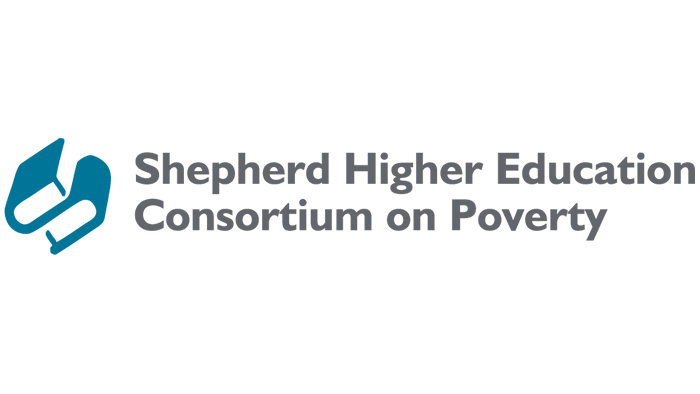Shepherd Higher Education Consortium on Poverty Summer Internship Program

Specific Summer Internship Information
for MSU RCOAL Students
| Application Deadline | January 15, 2021 |
|---|---|
| Internship Dates | Thursday, June 3 – Sunday, August 1, 2021 |
| Internship Goals | The SHECP Summer Internship Program places students with agencies that work in communities. Students learn first-hand about the multiple dimensions of poverty in the United States by working for eight weeks to strengthen communities and working alongside individuals seeking to improve and empower their communities. |
| Internship Sites | The agencies, located in both urban and rural sites, focus on art & design, communication, music, theatre & dance, education, healthcare, legal services, housing, hunger, social and economic needs, and community-building efforts. Students work with agencies that fit their intellectual interests in order to develop their experience and skills for future civic involvement and employment. |
| Internship Details |
|
| When did MSU join? | Missouri State University joined the Shepherd Higher Education Consortium on Poverty in 2020. MSU intends to send five interns from RCOAL through funding provided by Dr. Shawn Wahl, Dean, Reynolds College of Arts & Letters (RCOAL). |
| Who is eligible? | Open to all RCOAL majors; graduating seniors are not eligible. |
| Application Process & Program Details | For information about the application process and the internship sites, please visit
the Shepherd Higher Education Consortium site: www.shepherdconsortium.org. View the flyer "Practicing Equity at the Intersection of Race & Poverty" | SHECP 2021 | Summer Internship Program |
| Additional Information | For additional information about the opportunity, please email Alan Tinkler (Department of English) at AlanTinkler@MissouriState.edu or Sean Herring at SeanHerring@MissouriState.edu. |
| Zoom Information Sessions | Upcoming Student Information Sessions (or by appointment)
|
Please note: Except for 2020 when all of the internships were virtual, students have lived in cohorts in SHECP’s partnership communities. The current goal is to have students live in communities, though that may shift depending on the pandemic.